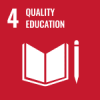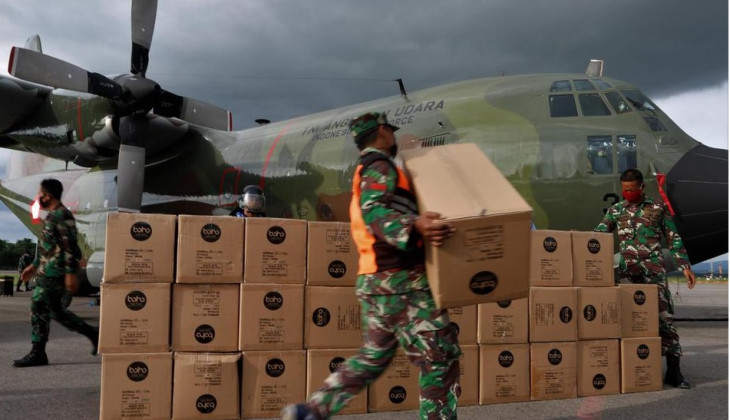Since a few weeks ago, the Indonesian government began campaigning for the new normal. This new order depicts a fundamentally changing reality and relations; thus, the old norms can no longer become a practical reference.
According to a lecturer at the Faculty of Cultural Sciences UGM, Dr. Achmad Munjid, the impact of the Covid-19 outbreak crisis has exposed the veil of social construction, and joint efforts to overcome the crisis will determine the post-pandemic social structure. According to him, mutual support is an effective strategy in dealing with a pandemic under these conditions.
“Mutual support is a capital, as a spirit, a tool that needs to be used to fight Covid-19 structurally and effectively,” he said, Friday (12/6).
He explained what will happen after the pandemic is built from what happened now. The Covid-19 pandemic will still have various impacts on society, so it is necessary to anticipate together.
He explained that every individual lives in a society and a community bound by two kinds of bonds: loose bond and strong bond. Strong bonds are bonds between family, neighbours, or colleagues, while loose network bonds are built between acquaintances.
The two types of bonds each have their advantages. A strong bond allows for fast and intensive trust and movement, while a loose bond has far and broader reach. For this reason, the dissemination of information, knowledge, opportunities, innovation, and leadership will run effectively if they take advantage of these two bonding models.
“Covid-19 spreads widely and quickly because it works according to network principles. To fight Covid-19, we must also use mutual support as a network, working as Covid-19 works,” he explained.
He explained this in the Webinar entitled “Networking (Mutual Support and Empathy) in confronting Covid-19” held by the Board of Professors UGM. Apart from Achmad, the Webinar speakers were the Governor of Central Java, Gandjar Pranowo, and the Deputy Minister for Education and Religion at the Coordinating Ministry for Human Development and Culture, Prof. Dr. R. Agus Sartono, MBA.
Agus Sartono described the national condition due to the Covid-19 pandemic when economic growth slowed, caused by low productivity. The unemployment rate increased by 2.92 – 5.23 million in 2020, and the number of poor people increased by 1.16 – 3.78 million.
The challenges caused by the pandemic also arise in the education sector because remote learning from home faces several obstacles, including not all parents have access to online learning.
In line with the preparations for the new normal, according to him, the Ministry of Culture has set a scenario towards a new normal in opening an educational unit while still paying attention to protection for students.
“The government wants to protect children as the nation’s next generation,” said Agus.



